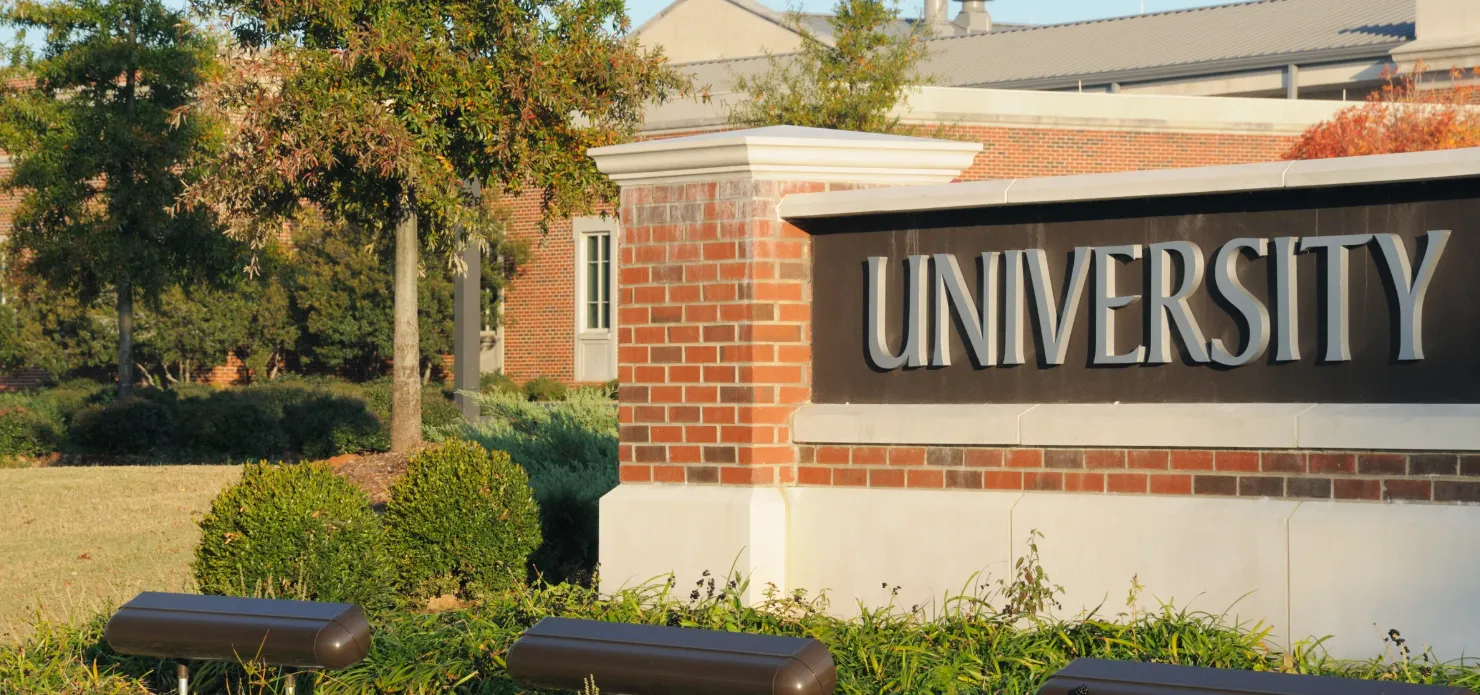As a Year 12 business student aspiring to major in finance and economics, my goal is to attend a world-renowned university such as the Ivy League institutions, MIT, Oxford, Cambridge, NYU, NUS, LSE, Stanford, or the University of Chicago to position myself for a career in private equity. Breaking into this field is notoriously competitive, often requiring not only rigorous academic credentials but also strategic networking and advanced qualifications like an MBA from a top-tier program. Given that private equity involves investing in non-publicly traded companies, success in this arena demands a combination of analytical rigor, industry insight, and access to elite professional networks—resources that top universities uniquely provide. While the journey feels daunting (as a sleep-deprived student juggling exams, extracurriculars, and research, I won’t sugarcoat it), I am still committed but I am questioning whether it is worth it.
I'm not an Ivy League insider, but as a current applicant, here's what I've learned: Simply having a 4.0 GPA, straight A*s in A-levels, and a band 8 IELTS isn’t enough. You also need strong extracurriculars—leadership roles, high placements in national/global competitions, internships, and certifications like CS50. Some universities even require additional tests (like Oxford's Think Skills Assessment) and a standout personal statement. In short, a competitive application typically includes near-perfect academics or top-percentile standardized test scores, high language proficiency (band 7.5+ IELTS), an impressive portfolio, and extra credentials. Even then, there's no guarantee given the fierce competition.
Many assume that a top university guarantees a good job, but that isn’t always true—unless you're entering fields like medicine. A degree may not be worth the investment if you're unsure of your career path or lack funds, even with available scholarships. Instead of focusing solely on prestige, prioritize programs, campus life, and facilities that suit your needs. While researching every requirement might be tedious, it's essential to avoid future regret. Only apply to Ivy League schools if they meet your criteria, and always have backup options.
Now that I have explained why applying to an Ivy league might not be worth it I will give a checklist you can follow.
Academic Programs: Evaluate the quality and reputation of your intended major or program, including curriculum and faculty expertise. Location: Think about whether you prefer an urban or rural setting, climate, proximity to home, and local internship or job opportunities. Campus Life: Consider the social environment, extracurricular activities, clubs, and overall campus culture to ensure it aligns with your lifestyle. Cost and Financial Aid: Review tuition fees, living expenses, available scholarships, and financial aid options to determine affordability. Facilities and Resources: Look at libraries, labs, study spaces, and technology resources that support your academic and personal growth. Class Sizes and Faculty Interaction: Smaller class sizes can foster better engagement and personalized attention from professors. Career Services: Check for strong career support, internship programs, and alumni networks that can help launch your career. Reputation and Rankings: While not the only factor, a university’s reputation in your field can impact future opportunities. Student Support Services: Assess the availability of counseling, academic advising, and other support systems to help you succeed.
I will discuss some ways you can stand out as an applicant. First, aim for near-perfect grades such as a 4.0 GPA, A*s in your A levels, or top scores on standardized tests. Additionally, participate in extracurricular activities related to your field of interest. For example, if you're interested in business, join a business club, start a business, or work on business case studies. While clubs are important, the impact you have in them such as taking on leadership roles is even more crucial.
Internships can also boost your application. To secure one, create a CV or portfolio and consider cold-emailing professionals at companies where you’d like to intern. Better yet, build a LinkedIn profile and message them directly. If possible, obtain certifications relevant to your field.
Another essential factor is how you present your CV. Use concrete numbers and details to demonstrate your impact (e.g., 'Guided 5+ members to compete in 5+ global and national competitions'). Lastly, craft a unique personal statement using a 'show, don't tell' approach, which will give admissions officers insight into who you truly are. Think of your personal statement as your opportunity to (metaphorically speaking) let them hear your voice.
There is one last thing I promise that some universities make you do and that is supplemental essays. These ones are very random and I have no idea why they are even a factor but try to be unique and be yourself don’t try to act all fancy thinking it will impress the admissions officer. They will be able to see through the fancy words.
So for all the year 12s like myself applying to university at the end of the year goodluck, it won’t be fun but it will be worth it. Remember all your application deadlines and I hope you get into your dream school.

